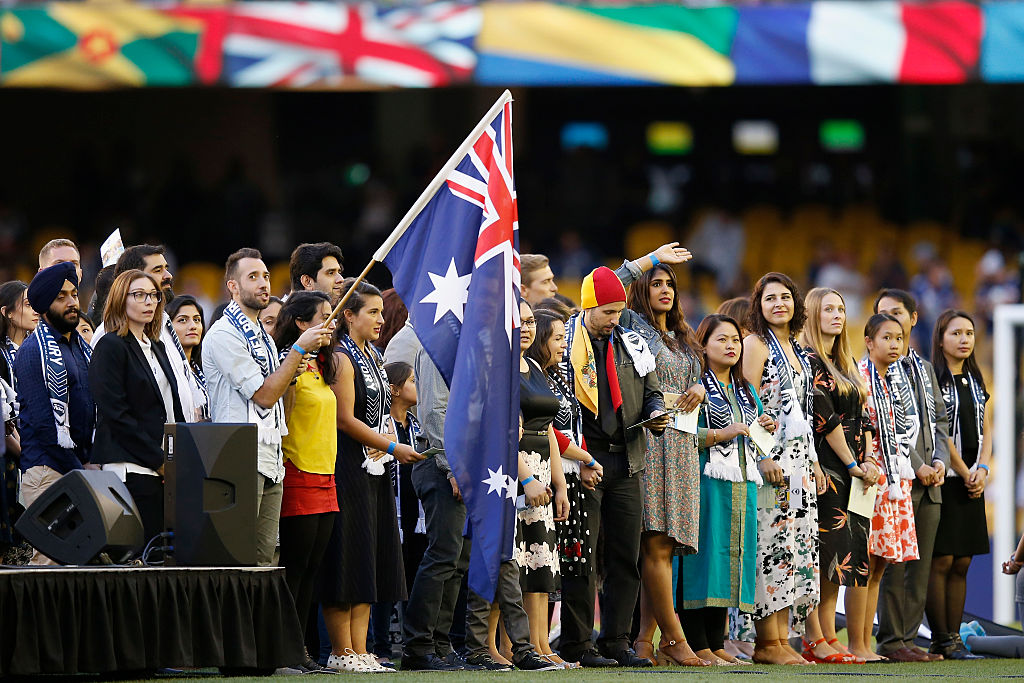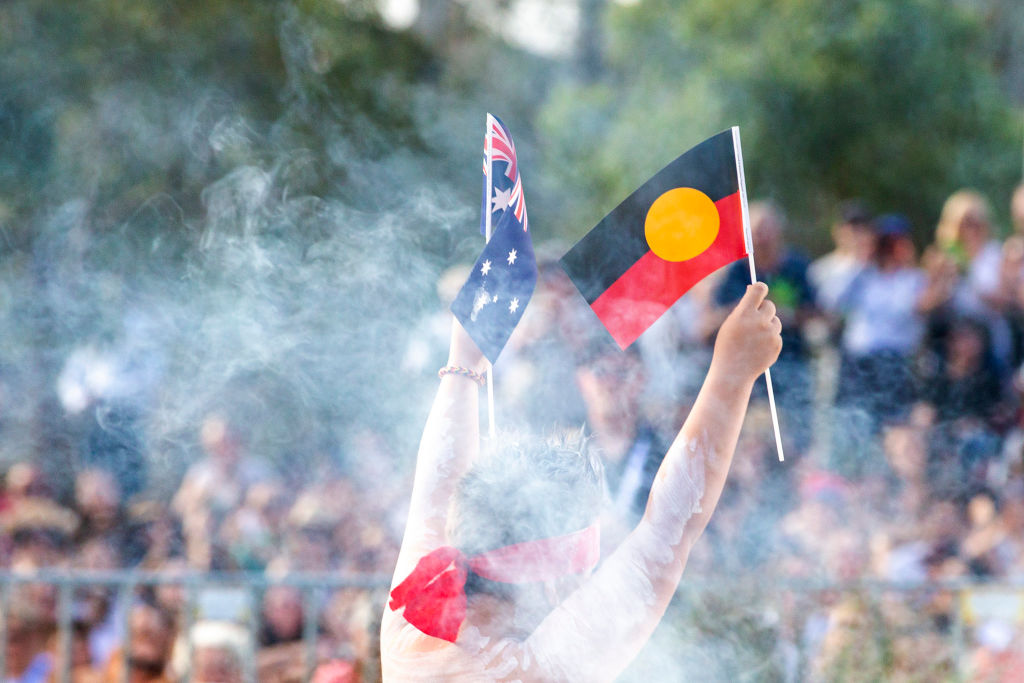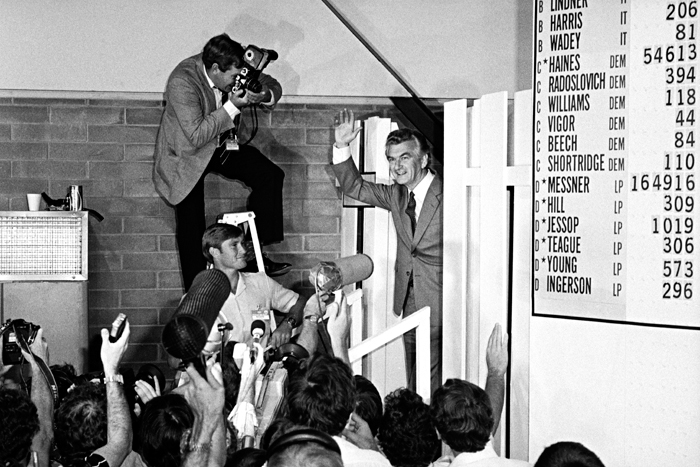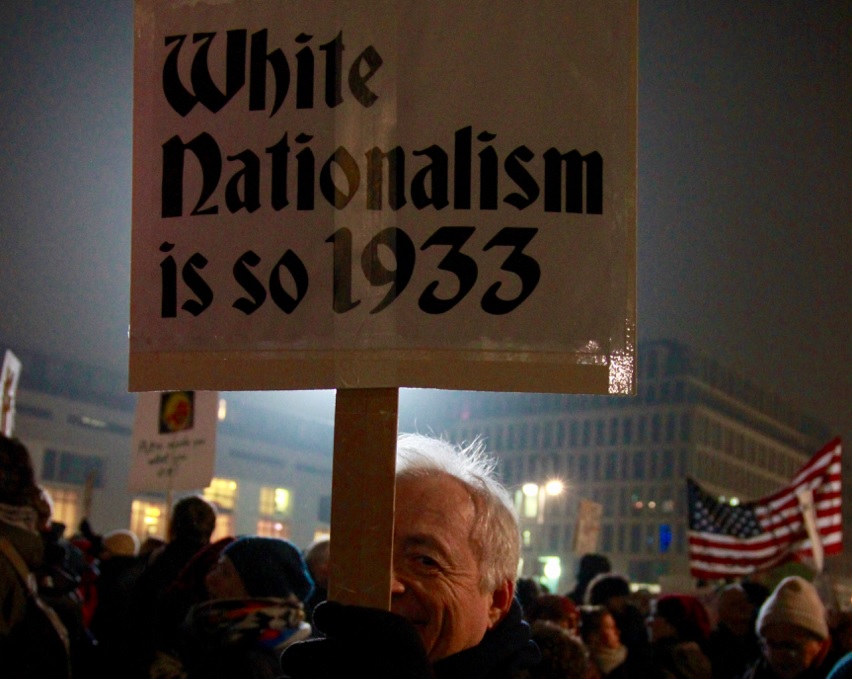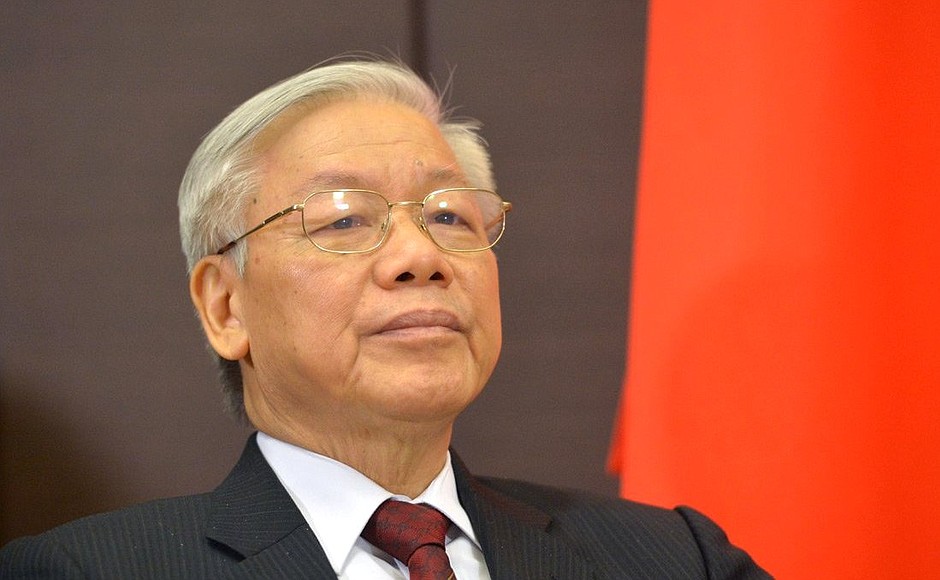The causes and consequences of Vietnam’s leadership shake-up
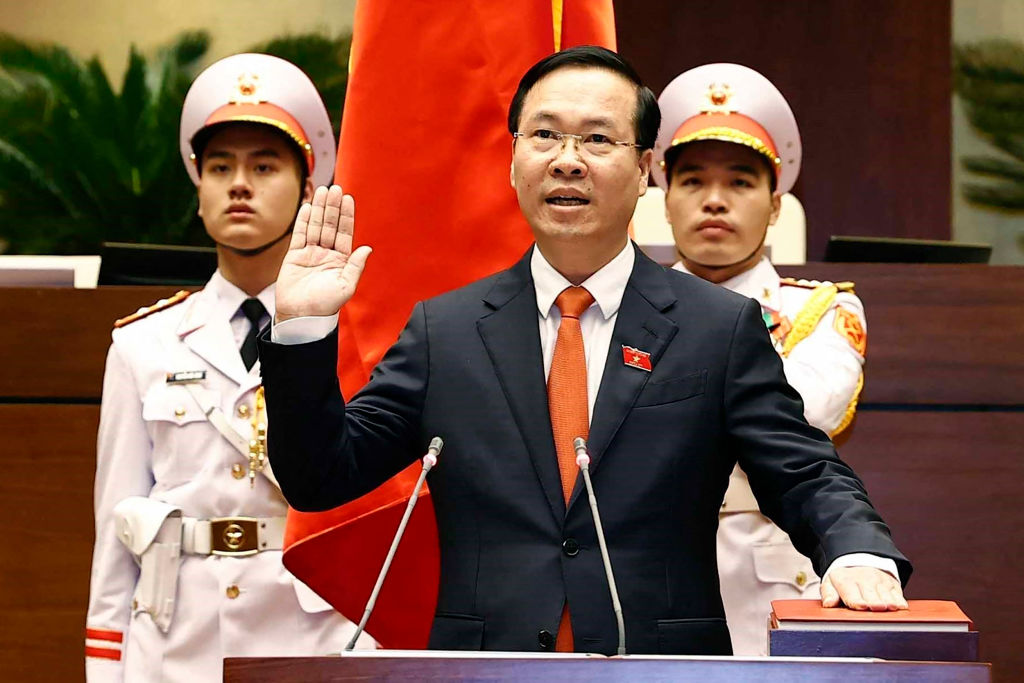
On 2 March, Vietnam’s National Assembly elected Vo Van Thuong as the country’s new president. He had been nominated by the Central Committee of the Vietnamese Communist Party the day before.
Thuong, a southerner, is at 52 the youngest member of the politburo, in which he had ranked fifth. He is close to the general-secretary of the party and most senior member of the politburo, Nguyen Phu Trong.
Thuong’s election had been preceded by two months of speculation—some of it finding its way into the foreign media—about turmoil in the leadership.
On 5 January, two of Vietnam’s four deputy prime ministers, Pham Binh Minh and Vu Duc Dam, resigned from the government and the central committee. The reason given was two scandals linked to management of the Covid-19 crisis.
Minh, who had oversight of foreign affairs, accepted blame for the corrupt actions of foreign ministry officials, including the ambassador to Japan, in taking bribes for places on repatriation flights to Vietnam. Dam, who had oversight of health matters, was held responsible for a scandal related to the sale and distribution of Covid test kits.
As all this was happening, scores of officials and business leaders were being questioned and detained on corruption allegations.
The leadership issue took on a deeper resonance when, immediately after Minh and Dam went, rumours began to circulate that the president (and number two in the politburo and a former prime minister), Nguyen Xuan Phuc, would resign. He did so on 17 January.
While a media release cited Phuc’s ‘personal desire’ to resign, rumours had been floating in Hanoi that members of his family had been associated with those caught up in the corruption sweep.
The rumour mill sped up even further with the story that the prime minister, Pham Binh Chinh (number three in the politburo), would also be going—possibly at the end of January after the Tet New Year holiday.
According to one account, Chinh had had enough and had wanted to resign. However, in early February, he apparently decided to stay—in part because of concerns within the system that confidence in the government would be too seriously affected if he left.
Another account had it that Chinh’s family was being investigated for corruption, but that Trong was persuaded not to pursue Chinh’s resignation because of fears about the potential effect on confidence.
There are two different, but not necessarily wholly inconsistent, views about the current sweep of changes.
The first is that Trong, who had long hoisted his petard to an anti-corruption campaign, believed it essential to pursue those involved in Covid abuses and to also include in the net those with vicarious responsibility. Given the anger in Vietnamese streets about the Covid abuses, this view makes some sense.
However, so does the second view, namely that Trong—now in his third term as general-secretary, aged 78 and in poor health—pushed his colleagues out for political reasons.
Trong is the leader of a loose group in the party whose careers have been built in the defence and internal security side of government, or within the party itself rather than government. The group is ideological. Because of party-to-party associations, it is those with strong party credentials who tend to have high-level dealings with other communist parties—importantly, in China and Laos.
The other main group in the party has tended to be loosely associated with Phuc, and included Minh and Dan. Its reputation has been built around public administration. Some of the group’s members are close to the business sector and have tended to be linked with Vietnam’s dealings with the West.
Given that those who have now been forced out were associated with the second group, it’s not surprising that the view has grown that Trong wanted them out of the way, thus enabling people who thought like him—and particularly a like-minded general-secretary—to rise to party leadership positions. It was of significance that Vuong Dinh Hue, the well-regarded number four in the politburo—and much more experienced than Thuong—wasn’t chosen as president.
Thuong is a party apparatchik. After graduation, he had several party positions in the south. He became a full member of the central committee in 2011 and was elected to the politburo in 2016. His work has focused on education within the party, and he has assumed significant responsibility for combating corruption and ‘negative phenomena’. He has had little to do with business.
The role of president in Vietnam doesn’t carry with it major policy responsibilities. However, it will expose Thuong to major issues, including international ones. It will make him a strong contender to be Trong’s successor as general-secretary.
This shake-up has raised two important issues.
The first is whether both the business community in Vietnam and the foreign investor community will have the same confidence as in the past about effective governance in Vietnam.
The Vietnamese business community is nervous. Confidence in the economy had already diminished because of a bonds scandal last year, and because the anti-corruption campaign had made both officials and business chary of taking decisions.
Moreover, while informed foreign banks and business associations with an interest in Vietnam are confident about Vietnam’s fundamentals over the medium and long term—provided some structural reform is undertaken—not much money is coming into the country right now. Potential investors want to know what’s going on.
The government is mindful of the foreign confidence factor. For example, a Nikkei Asia opinion piece in January that suggested Vietnam’s reputation as a well-managed economy was at risk caused alarm in the Vietnamese system. The fact that Chinh stayed on as prime minister and a new president was elected earlier than had been expected suggests the leadership wants things to settle down quickly.
The second issue is how the changes might reflect Chinese influence or stimulate a tilt towards China in Vietnam’s international alignment.
Phuc and Minh were respected and seen as among those most responsible for Vietnam’s largely positive dealings with Western countries. Trong was the first foreign leader to visit Chinese President Xi Jinping after his election for a third term last year. But given the party links between the two countries, that’s not wholly surprising. Interestingly, Trong was accompanied by Thuong.
That said, there’s no evidence to suggest China is behind any of the personnel shifts. Vietnam is respectful of China and Chinese concerns, but it also sees a close relationship with the United States as a deterrent to potential Chinese aggression.
In the final analysis, Vietnam’s foreign policy is driven by consensus, and for the past generation the Vietnamese government has pursued geopolitical balance. Well-informed Vietnamese sources don’t see major divisions within the leadership on international policy. But the relationship between China and Vietnam (and, as a corollary, that between Vietnam and the US) will—understandably—continue to warrant scrutiny.

